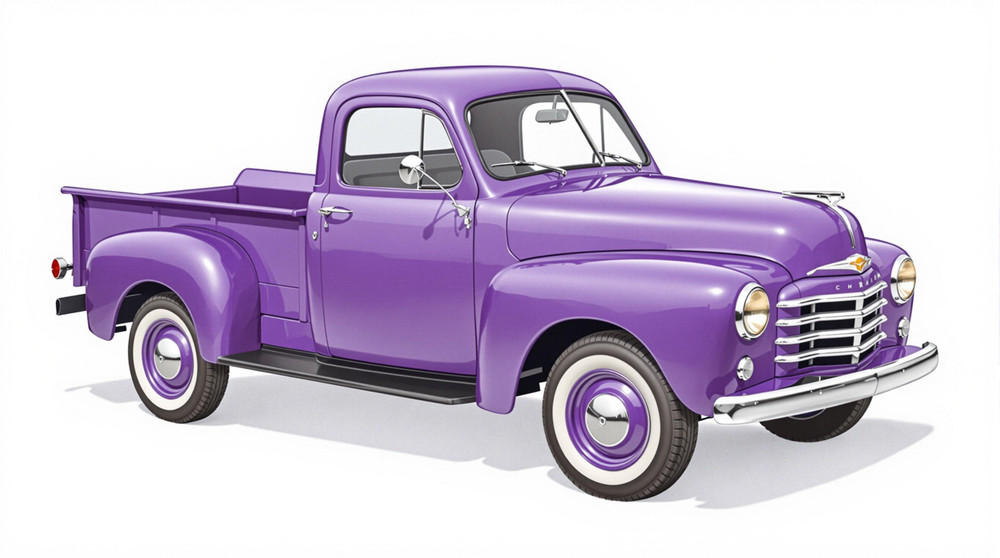Image of 1949 Studebaker 2r17a, Note: These illustrations use artistic license and may differ from actual historical models.
Performance Metrics
Fundamental Metrics
Emotional Appeal
MMP Rating
| Engine Specifications | |
|---|---|
| Engine: | Inline 6 |
| Displacement: | 170 cubic inches |
| Horsepower: | Estimated 85-90 hp |
| Torque: | 150 lb-ft |
| Compression Ratio: | Estimated 6.5:1 |
| Ignition System: | Distributor and coil |
| Cooling System: | Liquid-cooled |
| Performance Specifications | |
| 0-60 Time: | Not available |
| 1/4 Mile Time: | Not available |
| Top Speed: | Estimated 70 mph |
| Transmission and Drive | |
| Drive Type: | Rear-wheel drive |
| Transmission Type: | 4-speed manual |
| Fuel and Efficiency | |
| Fuel System Type: | Carburetor |
| MPG: | Not available |
| Dimensions and Brakes | |
| Brakes: | Drum brakes |
| Wheelbase: | 131 inches |
| Weight: | Estimated 3,500 lbs |
Note: Specifications for classic cars are given to the best of our ability, considering the limited and variant data available.
Unveiling the 1949 Studebaker 2R17A: A Testament to Post-War Ingenuity
As the curtain rose on the post-war era, a distinctive vehicle rolled off the production lines, capturing the spirit of American resilience and innovation—the 1949 Studebaker 2R17A. Born from the Studebaker Corporation, an emblematic figure in the automotive industry, this truck was not just a mode of transportation; it was a symbol of the country's recovery and industrial might. With its robust design and dependable performance, the 2R17A quickly became a staple on American roads. A unique fact that sets this vehicle apart is its role in pioneering the integration of car-like features into trucks, a concept that would influence generations of utility vehicles.
Design and Innovation
The 1949 Studebaker 2R17A boasted an exterior that was both functional and stylish, with clean lines and a bold front grille that exuded confidence. The truck's silhouette was a departure from the pre-war designs, reflecting the optimism of the era. Inside, the cabin was surprisingly refined for a utility vehicle, with durable materials designed to withstand the rigors of heavy use. Technologically, it featured advancements such as improved suspension systems that were ahead of its time for commercial trucks. While color options were somewhat limited by today's standards, hues such as Rio Green and Harbor Blue were popular among buyers. The 2R17A came in various body styles, but the one-ton pickup version remains the most iconic and sought-after by collectors.
Historical Significance
The Studebaker 2R17A's impact on automotive design cannot be overstated. It bridged the gap between utility and comfort, challenging the notion that trucks had to be Spartan and uncomfortable. This vehicle set a new standard for its contemporaries, influencing the design of future trucks that would prioritize driver comfort without sacrificing capability.
Performance and Handling
Under the hood, the 1949 Studebaker 2R17A was powered by a robust engine that delivered reliable performance. While top speed and acceleration figures may not impress by modern standards, they were more than adequate for the era's needs. The truck handled well on various terrains, absorbing bumps with grace and maintaining composure in windy conditions. Driving this Studebaker was an immersive experience, with the engine's hum and the distinct feel of commanding a piece of American history.
Ownership Experience
Owners of the 1949 Studebaker 2R17A used their vehicles for a range of purposes—from daily workhorses to showpieces at classic car rallies. Its reliability was one of its strongest selling points, along with the relative ease of repair, making it a favorite among enthusiasts who valued practicality alongside heritage.
Fun Facts
The Studebaker 2R17A has its share of trivia that adds to its charm. For instance, certain models were once part of prestigious fleets or owned by celebrities of the time. Although it didn't break speed records, it set benchmarks for durability and utility in commercial vehicles. Despite its many strengths, some critics pointed out its fuel consumption as a downside during its heyday.
Collector's Information
Today, the 1949 Studebaker 2R17A holds a special place in the hearts of collectors. While production numbers were not as high as some mass-produced contemporaries, it is estimated that several thousand units were made. As for value, well-preserved examples can fetch a wide range, with particularly pristine models commanding premium prices. The market has seen a steady appreciation for these trucks as they become rarer and more desirable among classic vehicle enthusiasts.
Conclusion
The 1949 Studebaker 2R17A is more than just a vintage truck; it's a rolling testament to an era marked by progress and determination. It stands as a reminder of where we've been and how far we've come in automotive design and technology. For those lucky enough to own one, it offers not just a slice of history but a tangible connection to America's indomitable spirit.
1949 Studebaker 2r17a Catalog of Parts
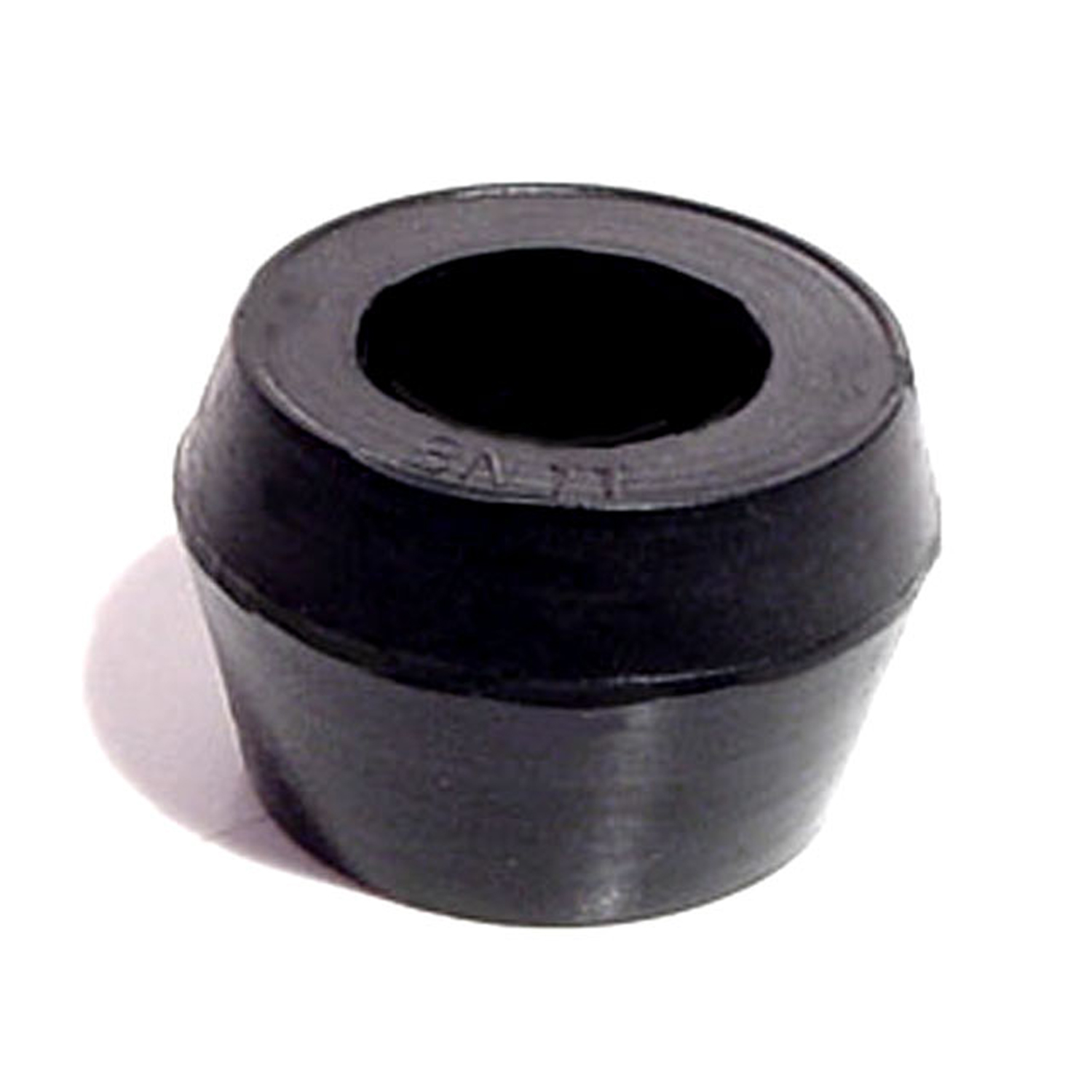 1949 Studebaker 2R17A Shock Absorber Grommet. 1" bottom O.D-BN 11Shock Absorber Grommet. 1" bottom O.D., 3/4" high, with 5/8" I.D. Each
1949 Studebaker 2R17A Shock Absorber Grommet. 1" bottom O.D-BN 11Shock Absorber Grommet. 1" bottom O.D., 3/4" high, with 5/8" I.D. Each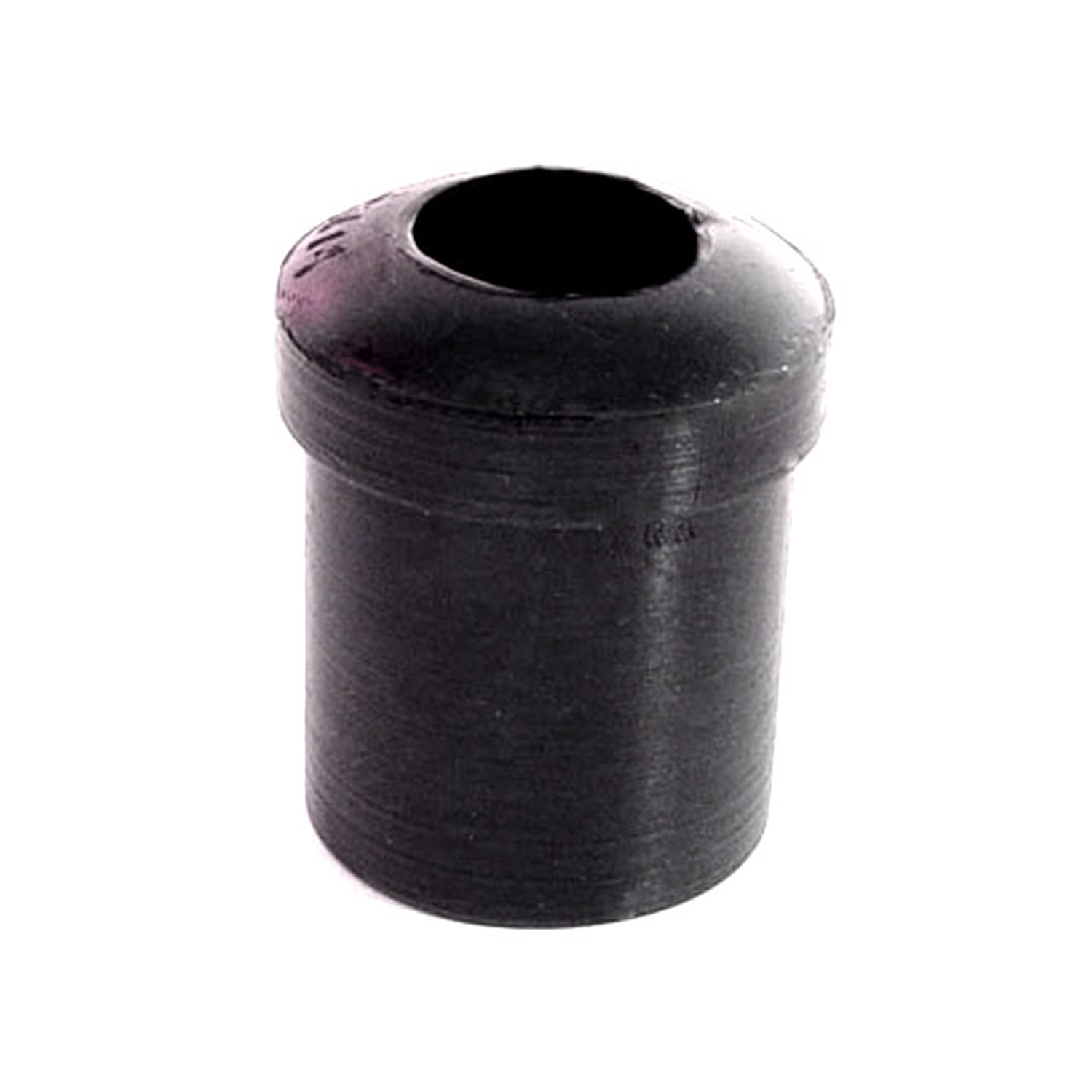 1949 Studebaker 2R17A Spring and Shackle Bushing. 1-1/16" bottom O.D-BN 14Spring and Shackle Bushing. 1-1/16" bottom O.D. X 1-1/2" high, with 5/8" I.D. Each
1949 Studebaker 2R17A Spring and Shackle Bushing. 1-1/16" bottom O.D-BN 14Spring and Shackle Bushing. 1-1/16" bottom O.D. X 1-1/2" high, with 5/8" I.D. Each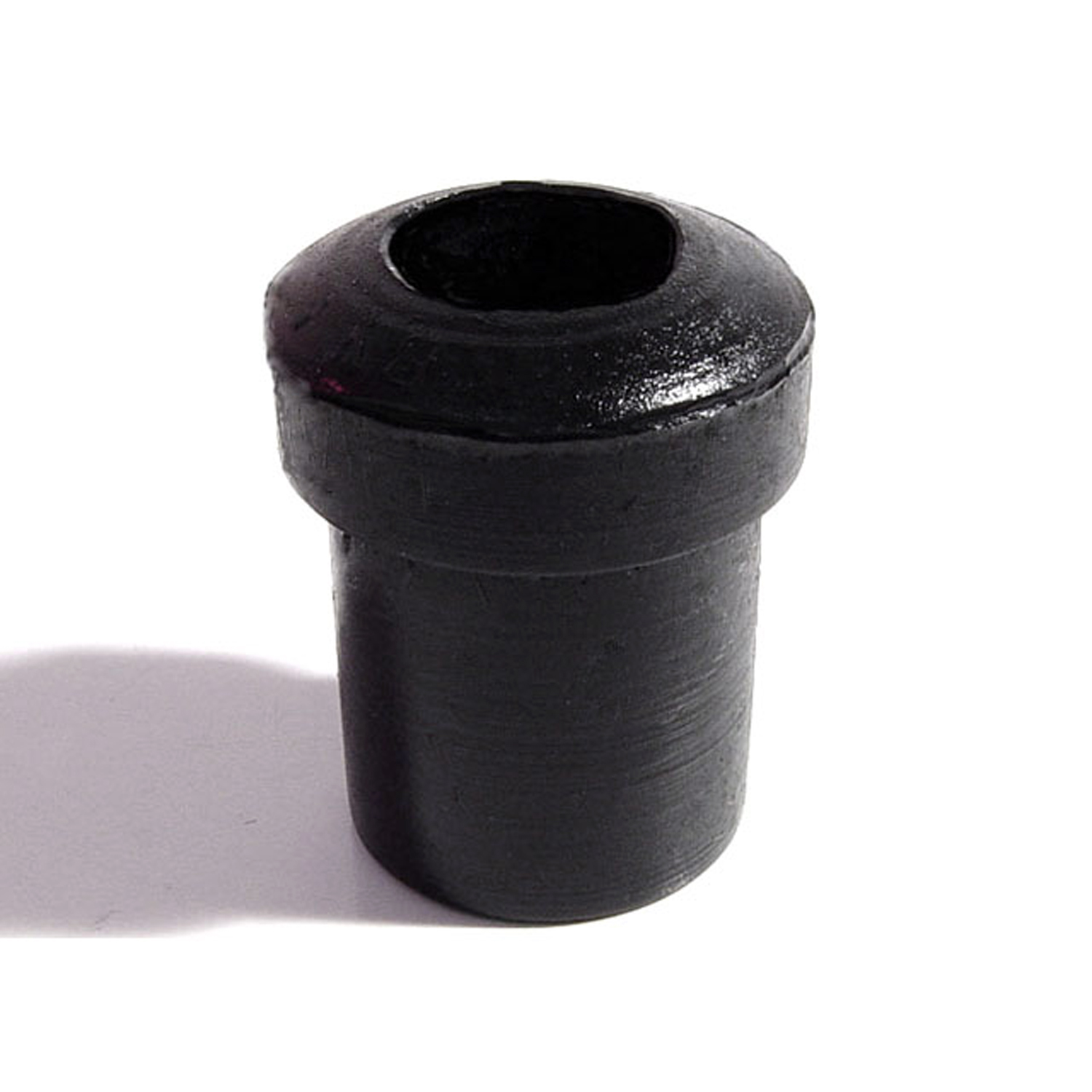 1949 Studebaker 2R17A Spring and Shackle Bushing. 7/8" bottom O.D-BN 16Spring and Shackle Bushing. 7/8" bottom O.D. X 1-1/8" high, with 1/2" I.D. Each
1949 Studebaker 2R17A Spring and Shackle Bushing. 7/8" bottom O.D-BN 16Spring and Shackle Bushing. 7/8" bottom O.D. X 1-1/8" high, with 1/2" I.D. Each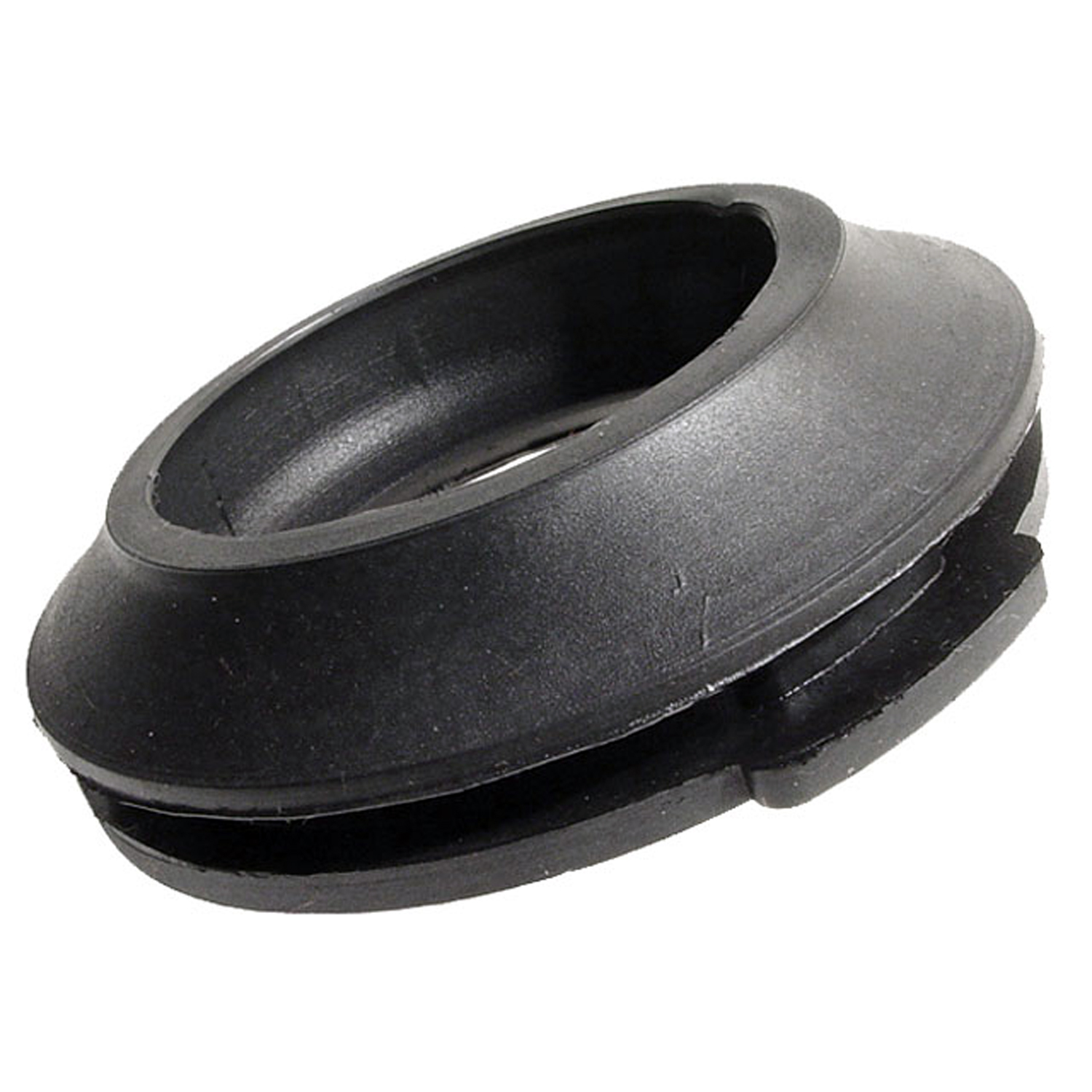 1949 Studebaker 2R17A Gas Filler Grommet. Perfect reproduction. Top 2-1/16" I.D-GF 45Gas Filler Grommet. Perfect reproduction. Top 2-1/16" I.D., 3-7/16" O.D. Each
1949 Studebaker 2R17A Gas Filler Grommet. Perfect reproduction. Top 2-1/16" I.D-GF 45Gas Filler Grommet. Perfect reproduction. Top 2-1/16" I.D., 3-7/16" O.D. Each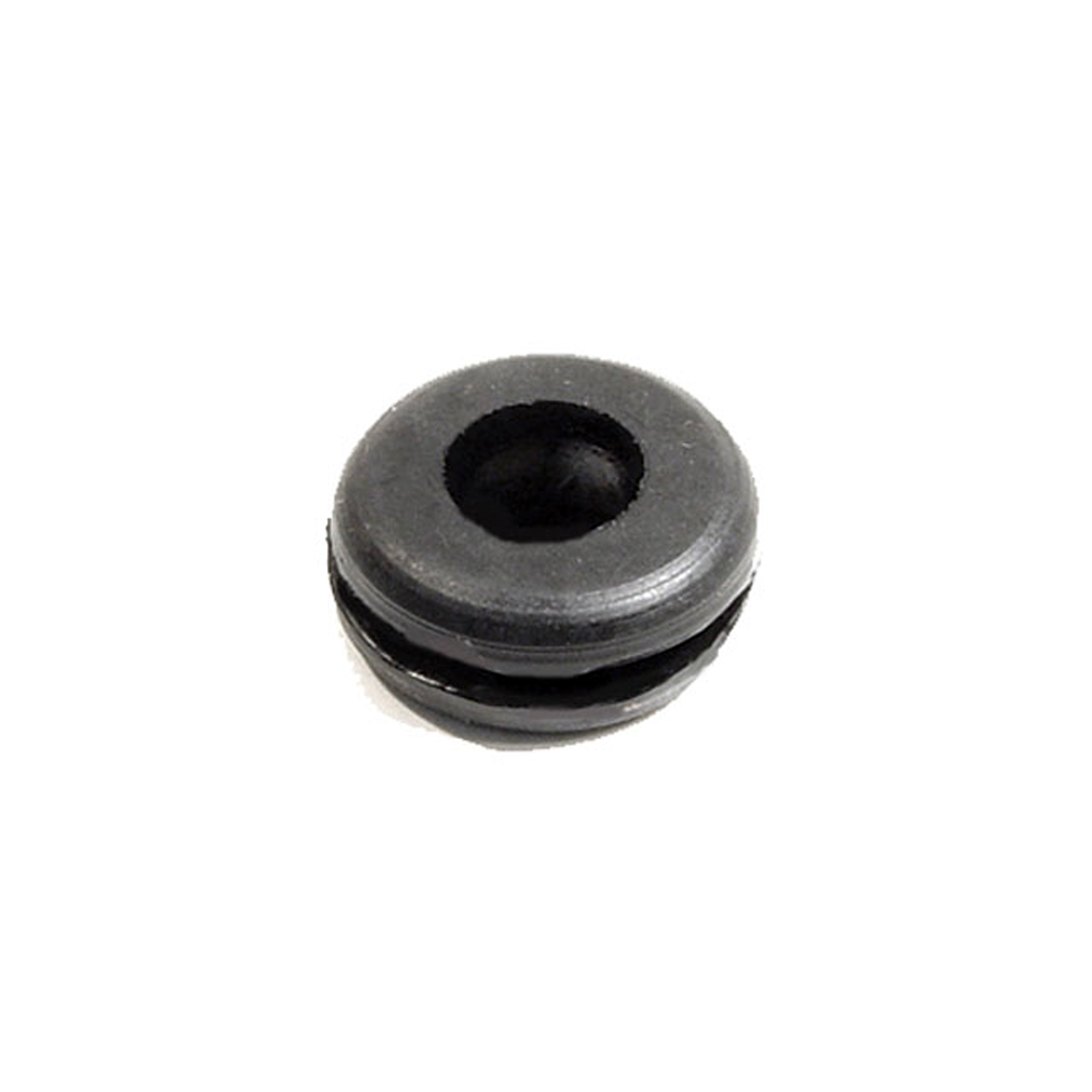 1949 Studebaker 2R17A Headlight & Tail-Light Wire Grommet. 3/8" I.D., 7/8" O.D-SM 13-AHeadlight & Tail-Light Wire Grommet. 3/8" I.D., 7/8" O.D. Each
1949 Studebaker 2R17A Headlight & Tail-Light Wire Grommet. 3/8" I.D., 7/8" O.D-SM 13-AHeadlight & Tail-Light Wire Grommet. 3/8" I.D., 7/8" O.D. EachWhy Choose Metro?
For over 100 years, Metro Moulded Parts has been the pinnacle of quality in classic car restoration parts. Our commitment to precision and authenticity in every component ensures a perfect fit and an OEM-level appearance.
- Expert Craftsmanship & Quality: Each part is a testament to our dedication to reliability and perfection, crafted from original designs and thoroughly tested.
- Advanced Technology: We use cutting-edge techniques to create flawless, long-lasting parts that surpass others in performance.
- SuperSoft Sponge – The Ultimate Door Seal: Not only are our door seals 30% softer than competitors', but they're also guaranteed to never leak. They effectively reduce wind and road noise, enhancing your classic car's comfort and driving experience.
- Proudly American: Our parts are a product of American craftsmanship, made in the USA with a spirit of excellence and heritage.
- Unrivaled Warranty: We back our products with a 30-year industry-leading warranty, a testament to our confidence in their quality.
Join us in preserving the legacy of classic cars with parts that are crafted for perfection, not just made.

